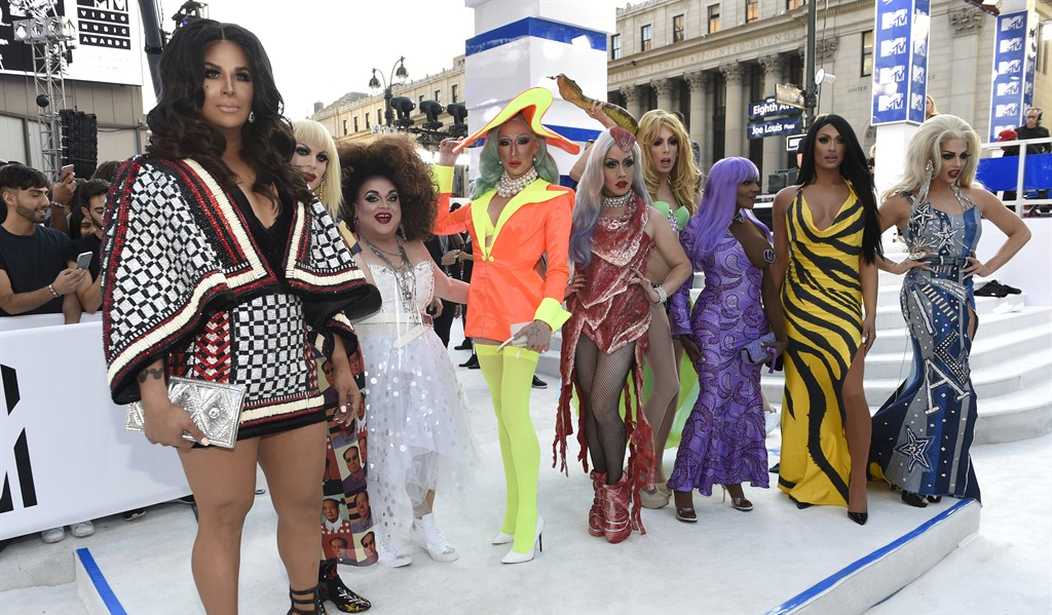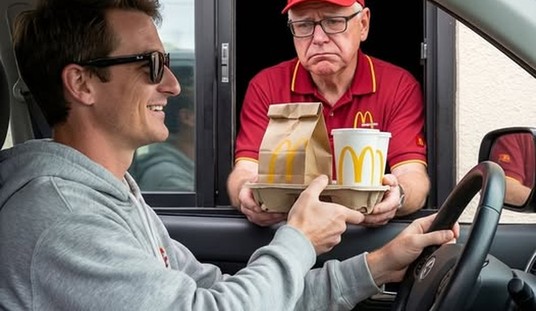Back in March, when Tennessee passed the first law in the country banning drag shows where children might see them, the first thing I thought was that it would be challenged immediately. My second thought was that the challenge would probably succeed. Now, both of those things have come to pass. A Memphis LGBTQ theater group sued to strike down the law, saying it violated their First Amendment rights. And now, U.S. District Judge Thomas Parker (a Trump appointee, for whatever that’s worth) has agreed and temporarily put the law on hold. He described the law as being “vague and “overly broad.” (Politico)
A federal judge ruled that a first-in-the-nation Tennessee law strictly limiting drag shows in public or in places where children could be present is unconstitutional.
In his late Friday decision, U.S. District Judge Thomas Parker wrote that the law was “unconstitutionally vague and substantially overbroad,” and infringed upon the First Amendment right of drag performers.
The ruling comes as LGBTQ+ rights, particularly trans rights, have become a major conservative battleground and talking point in the leadup to the 2024 election. At least 26 bills have been introduced nationwide this year aiming to limit drag performances.
The more than two dozen such laws currently being enacted around the country are all likely to run into similar problems. It’s not that Tennessee’s legislators did a “poor job” of drafting the legislation. The challenge is finding a way that any such legislation could be drafted in a way that was specific enough to satisfy the courts and still not infringe on people’s First Amendment rights.
The Tennessee bill criminalized “adult cabaret entertainment” taking place in public or any place where children might be exposed to it. First of all, “cabaret entertainment” could cover a lot of different performances. The judge specifically referred to the rights of people who “wish to impersonate a gender that is different from the one with which they were born.” I will once again summon up the example of the movie Mrs. Doubtfire starring Robin Williams. That film was wildly popular with children and it carried a PG-13 rating. Nobody complained about it.
Yes, you can make the argument that most all drag performances prior to the current era were done using male actors who were dressing as women for comedic effect, not because they wanted the audience to believe they were actually women. But the end result is the same. Even in front of children, simply dressing as the opposite gender will likely be impossible to criminalize and have the law survive a court challenge.
Now, if the “show” includes the actors removing too much clothing and exposing genitals or breasts in front of children, that can certainly be banned. But it’s already illegal to do that anyway. Some of these “drag queen story hour” performances for children are clearly offensive and overly sexualized, but attempting to make them illegal as I described above will obviously be highly problematic at best.
As an alternate solution that won’t involve any court challenges, there’s always something else that can be attempted. Try convincing more parents that this isn’t harmless entertainment for children and that they shouldn’t allow their children to see it. If the parents are already completely captured by the trans activism agenda and refuse, it’s a sad situation, but what else is there to be done? Attempting to call child protective services likely won’t work for the same reason that these drag show bans won’t. There isn’t always a legislative solution to every challenge, as frustrating as that may be.








Join the conversation as a VIP Member